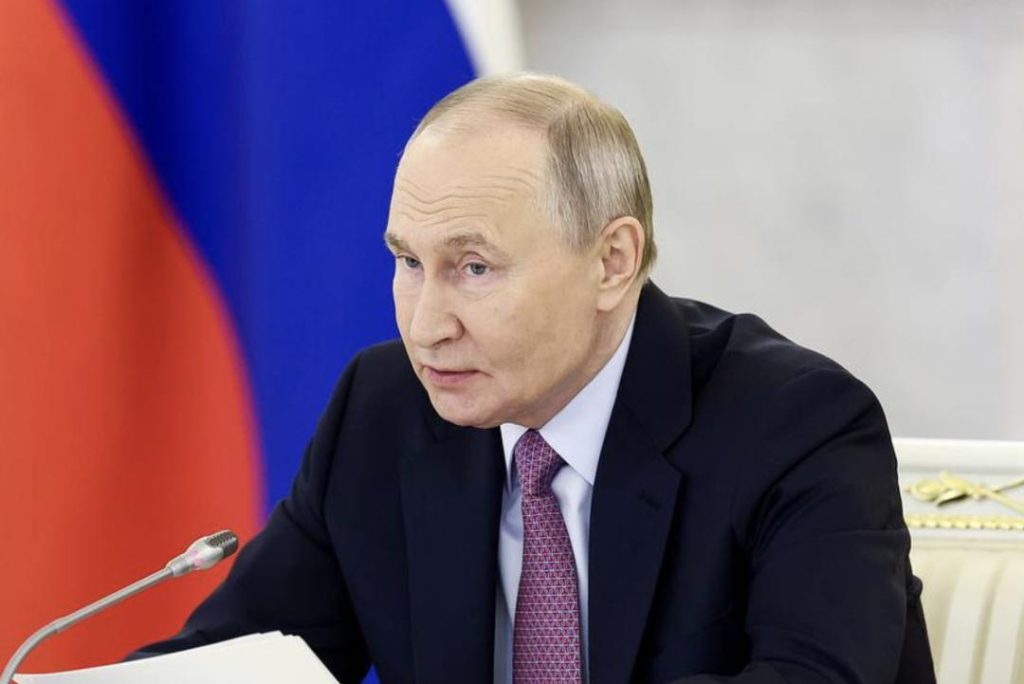
Russia & US in Talks on Cooperation in Arctic, Alaska: Putin
In a recent statement, Russian President Vladimir Putin revealed that Russia and the United States are engaged in discussions about the possibility of collaborating in Russia’s Arctic zone and the US state of Alaska. The news has sparked excitement among environmentalists, business leaders, and policymakers alike, as the potential for cooperation in the region could have far-reaching implications for the global energy market and the environment.
According to Putin, the technologies that Russia possesses are unique and of great interest to its international partners, including the US. He noted that Novatek, Russia’s largest liquefied natural gas (LNG) producer, is already operating in the Arctic region, and that the company’s expertise and resources could be leveraged to facilitate cooperation with the US.
The idea of cooperation between Russia and the US in the Arctic region is not new. In recent years, both countries have been working to strengthen their economic and strategic ties in the region, which is believed to hold significant potential for natural resource extraction, including oil, gas, and minerals.
The Arctic region is also home to significant environmental concerns, including melting sea ice and the impact of climate change on local ecosystems. Any cooperation between Russia and the US in the region would need to take these concerns into account, and would likely involve efforts to mitigate the environmental impact of any extractive activities.
Putin’s statement comes at a time when relations between Russia and the US are strained, with tensions high over issues such as election interference, sanctions, and military buildups. However, despite these challenges, both countries recognize the importance of maintaining a positive relationship in order to address global challenges such as climate change and terrorism.
The potential benefits of cooperation between Russia and the US in the Arctic region are significant. For Russia, cooperation could provide a much-needed boost to its economy, which has been struggling in recent years. The country’s energy sector is a significant contributor to its GDP, and any cooperation with the US could help to unlock new resources and markets.
For the US, cooperation could provide a way to reduce its reliance on foreign oil and gas, while also helping to reduce greenhouse gas emissions. The US has set ambitious targets for reducing its carbon footprint, and any cooperation with Russia could help to achieve these goals.
In addition to economic and environmental benefits, cooperation between Russia and the US in the Arctic region could also have significant strategic implications. The region is home to a number of key shipping lanes, and any cooperation could help to improve maritime safety and security.
The Arctic region is also home to a number of military bases and installations, and any cooperation could help to reduce tensions and promote stability in the region. This is particularly important in light of the growing presence of other nations in the region, including China and Norway.
In conclusion, the news that Russia and the US are in talks about cooperation in Russia’s Arctic zone and the US state of Alaska is a significant development with far-reaching implications for the global energy market and the environment. While there are many challenges to overcome, the potential benefits of cooperation are significant, and could help to reduce tensions and promote stability in the region.



